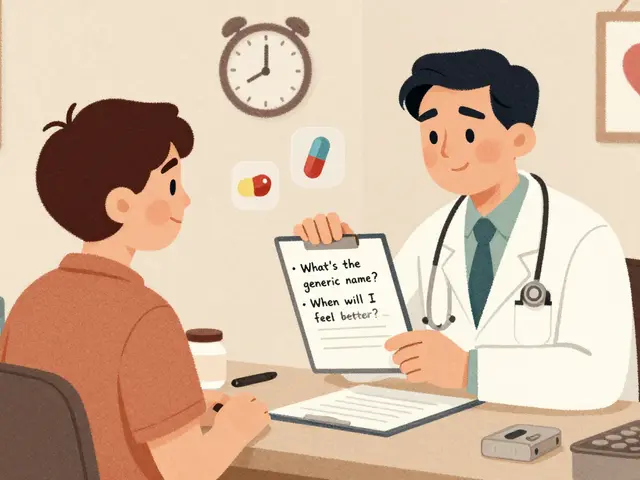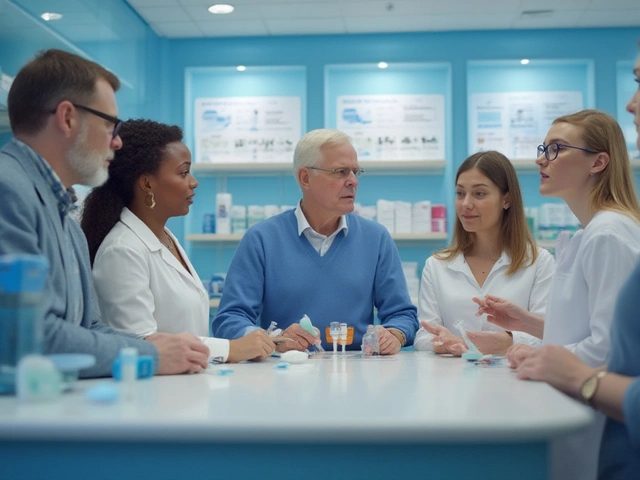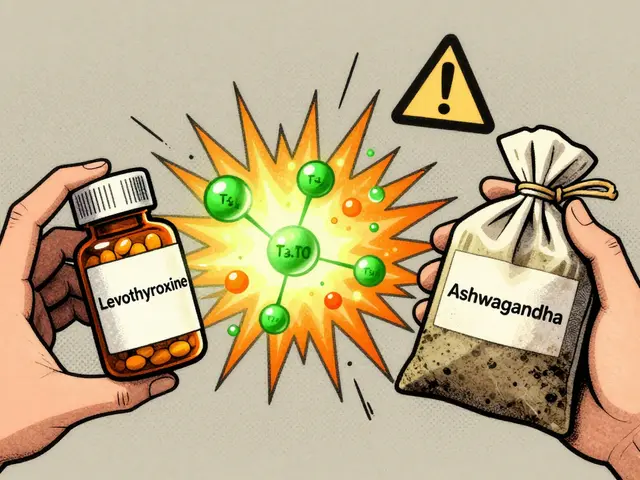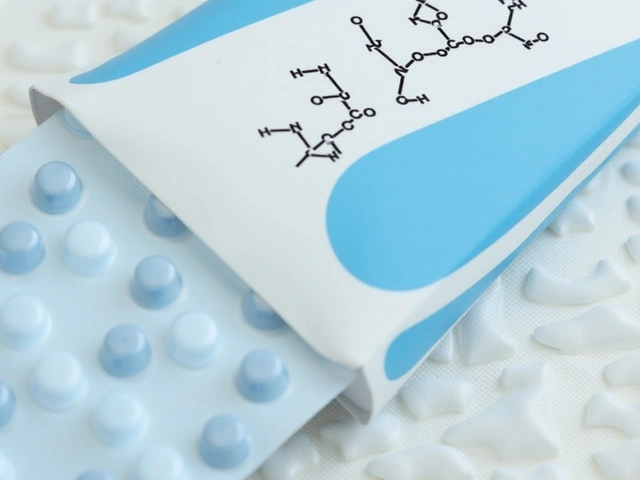Pharmacogenomics: Your Genes Meet Everyday Meds
Ever wondered why a drug works wonders for one person but causes side effects for another? The answer often lies in your DNA. Pharmacogenomics is the science that links our genetic makeup to how we process medicines. By looking at tiny variations in genes, doctors can predict whether a medication will be effective, need a dose tweak, or should be avoided altogether.
Think of it like this: if meds were shoes, pharmacogenomics tells you whether you need sneakers, sandals, or a custom‑made pair. It saves you from the guesswork that usually comes with new prescriptions and cuts down on trial‑and‑error appointments.
Why Genetics Matters for Meds
Your body’s drug‑handling system relies on enzymes—mostly from the liver—that break down medicines. Genes control how many of these enzymes you have and how well they work. A common example is the CYP2C19 gene, which affects drugs like clopidogrel (a blood thinner) and certain antidepressants. If you carry a “slow‑metabolizer” version, standard doses might not be strong enough or could cause harmful buildup.
Another hot topic is warfarin, a blood‑clotting drug with a notoriously narrow safety window. Genetic tests for VKORC1 and CYP2C9 can pinpoint the right dose before you even start taking it. This isn’t just theory— clinics in the UK and US already use these tests to reduce bleeding events.
Beyond heart meds, pharmacogenomics is shaping cancer treatment, pain management, and even mental‑health prescriptions. Knowing your genetic profile helps oncologists choose targeted therapies that hit tumor cells while sparing healthy tissue. For chronic pain, a test might tell you whether codeine will turn into its active form or leave you with nothing but side effects.
Getting Started with Pharmacogenomic Testing
If you’re curious about what your genes say about meds, the first step is to talk to your doctor or pharmacist. Many health systems now offer a simple cheek‑swab test that can be done in the office or at home with a mail‑in kit. Results usually come back within a week and include clear recommendations for common drug classes.
Cost is another concern, but insurance plans are starting to cover these tests, especially when they prevent expensive hospital stays. If you’re uninsured, look for labs that offer affordable panels or community health programs that subsidize testing.
Once you have your report, keep a copy in your medical record and share it with any new prescriber. Some electronic health records even flag drug‑gene interactions automatically, making the information instantly useful at every visit.
Remember, pharmacogenomics isn’t a magic bullet. Lifestyle factors, other medications, and organ function still play big roles. But when combined with traditional clinical judgment, genetic insights can dramatically improve safety and effectiveness.
On Medipond.com you’ll find articles that dive deeper into specific drug‑gene pairs— from antidepressants to blood thinners—and guides on where to get reliable testing in the UK. Use this knowledge to ask smarter questions at your next appointment and take control of your medication journey.






